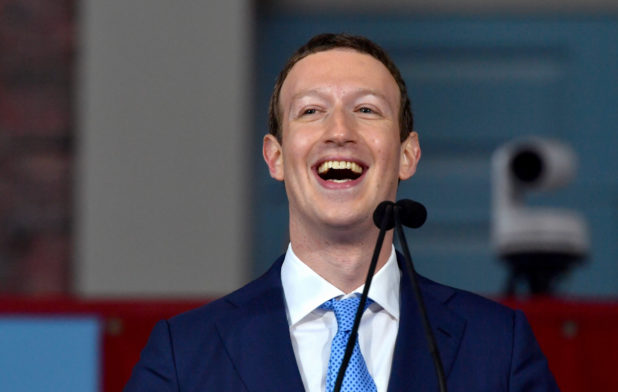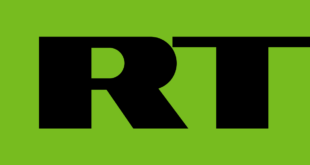Andrew Anglin
Daily Stormer
December 29, 2017
I’m interested in any censorship drama that escalates the online censorship debate.
The concept of banning a person from internet services because they are sanctioned by the US government is new, and it has a lot of potential ramifications if it is installed as a policy. If it is not installed as a policy, then they have a different reason for banning the Chechen, which is also interesting.
RT:
The Facebook and Instagram ban of Chechen leader Ramzan Kadyrov, due to him being sanctioned by the US, has raised questions if the tech company is acting as a government agent and trampling free speech rights.
Yeah it’s either a government agent or it’s run by Jews.
Op. Wait. Googled it.
It’s Jews.
“The first and obvious question that must be addressed is by what authority does Facebook block accounts based upon US sanctions imposed? Is there a reciprocity agreement of sorts?” legal and media expert Lionel told RT via email.
Facebook and Instagram accounts of Kadyrov, prominent in Russia over his sometimes controversial social media posts and photos, went offline on Saturday. Facebook, which owns both platforms, later explained the blocking by “legal obligations,” arising from the new US sanctions against the Chechen leader, who was blacklisted last week as part of the Magnitsky Act. Kadyrov’s account on Instagram had over 3.2 million followers.
But wait.
Here’s the interesting part.
“Facebook and Instagram are theoretically private companies with no ties to the United States government per se, but one could argue that these actions suggest they are acting in concert as agents,” Lionel said. “And if such is taken to the next level of interpretation, the argument could be made that as much as they enjoy agency status – decisions to proscribe speech could be in violation of the First Amendment” [of the US Constitution], which, among other things, protects freedom of speech and press.
Now, I don’t really expect that this particular argument will work. But it is very interesting. And, it is yet another angle to put pressure on these companies from.
Ultimately, the goal here is to make tech companies want the government to come in and force them to protect people’s protected rights to free speech. None of them want to be in the business of regulating content. Even if they are Jews, they understand that the mob will never be satisfied with whatever amount of censorship they employ, and thus would prefer if the government just said “we’re deciding.”
 Daily Stormer The Most Censored Publication in History
Daily Stormer The Most Censored Publication in History




